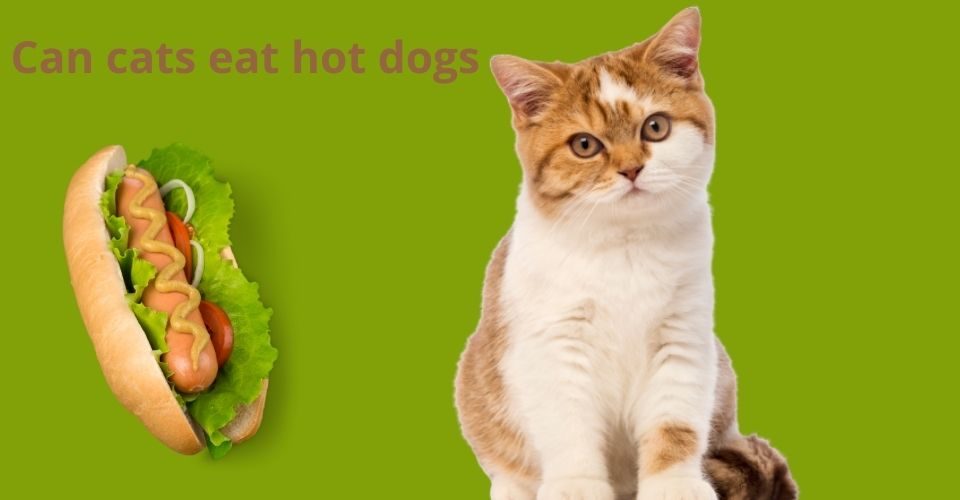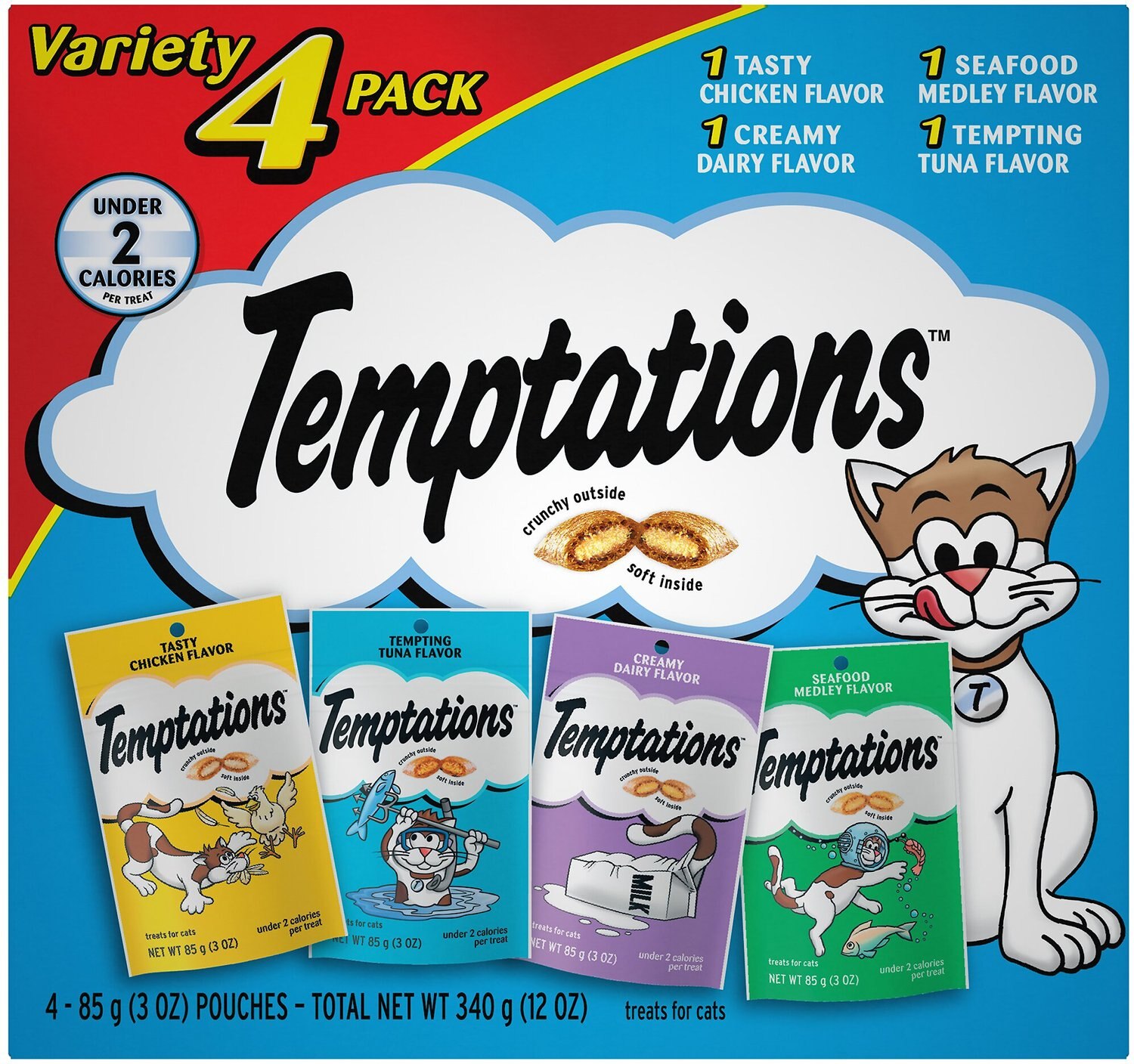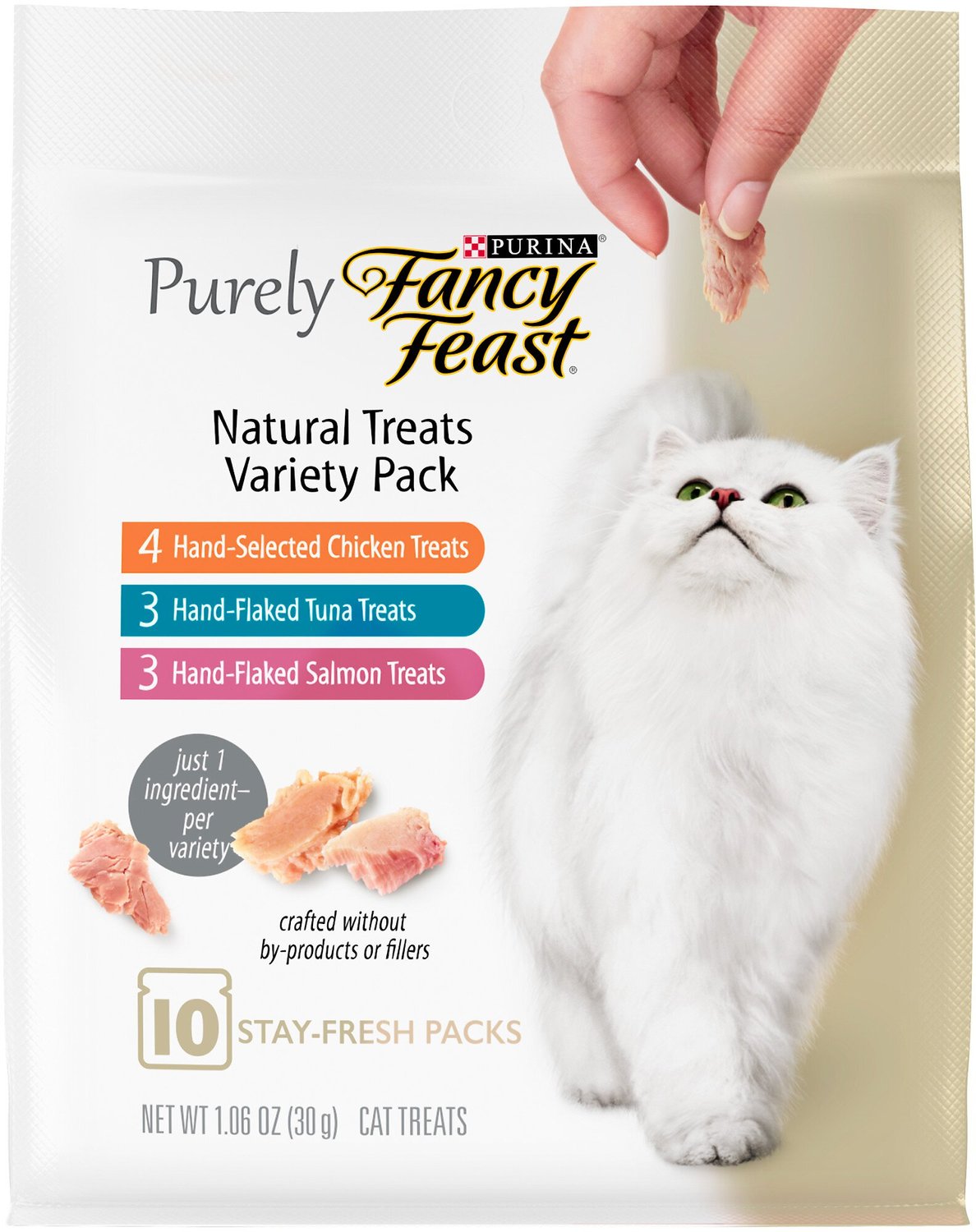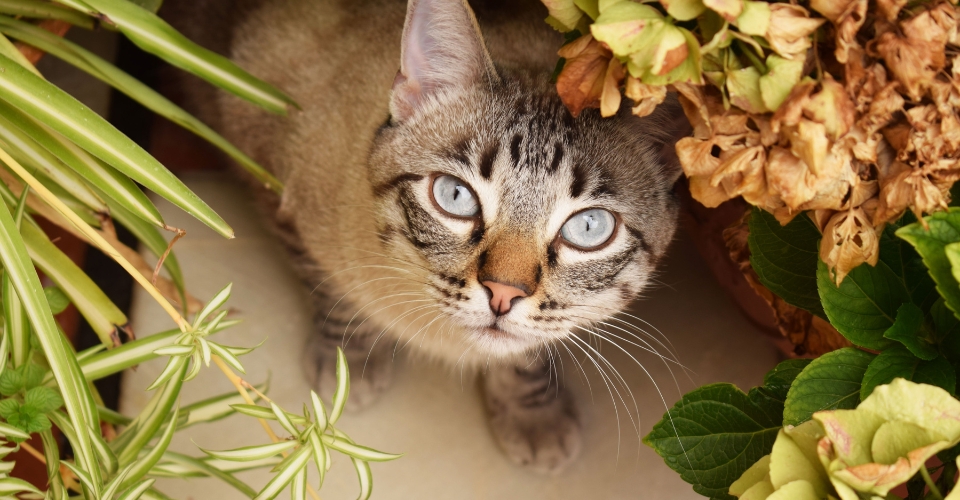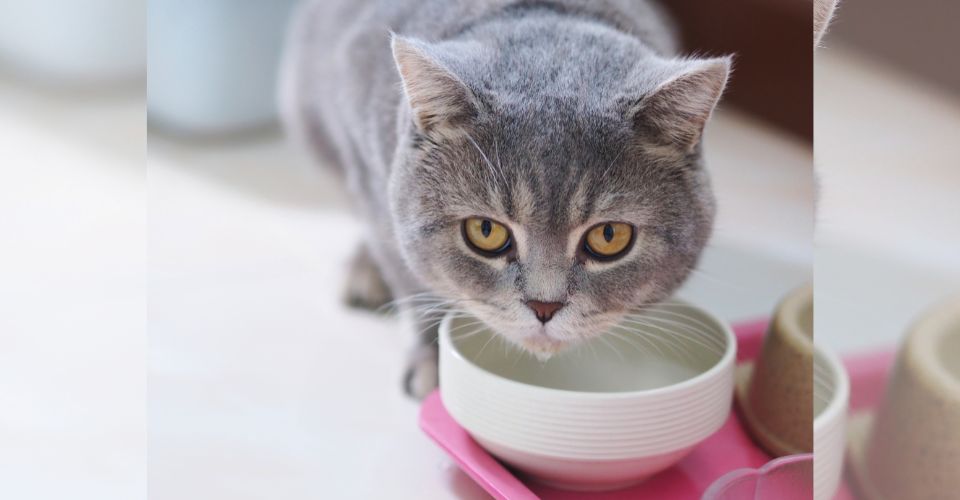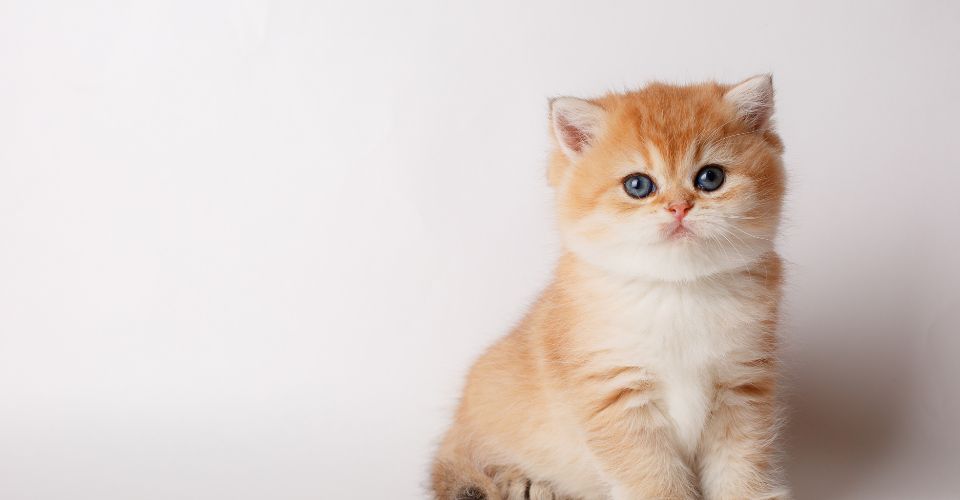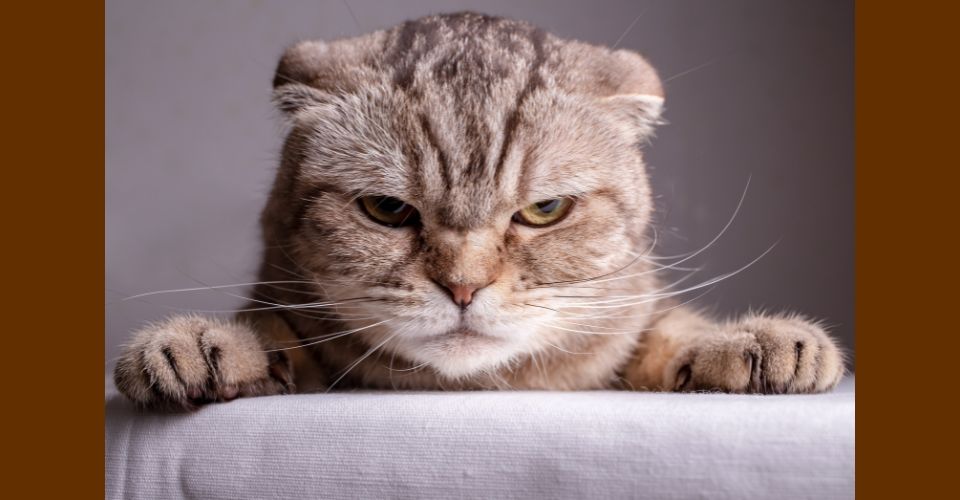Can Cats Eat Hot Dogs?
No, cats cannot eat hot dogs.
But aren’t cats carnivores and hot dogs made of meat—pork, beef, or veal—so why not?
Actually, cats can eat hot dogs, but there will be consequences. Nibbling on a hot dog won’t kill your cat, but you can expect her to get sick and develop gastrointestinal issues.
Cats And Hot Dogs
It is a beautiful sunny day. The grill is all prepped up for you to start cooking hot dogs. As you turn hot dogs on the grill, you notice that your cat is staring at you with those longing eyes as if she is asking you to throw the first cooked hot dog her way.
Once the hot dog is thoroughly cooked and has cooled off, and you are about to give it to your cat, you start to wonder: Can cats eat hot dogs? Are hot dogs safe for cats? Or are hot dogs bad for cats? These thoughts stop you from sharing a piece of a hot dog with your cat.
You did the right thing, believe us, and you are not alone. All cat owners have been there, and we all know the guilty feeling. But in situations like this, there is nothing else we could do instead of remorsefully refusing our cats.
Where cats are carnivores, we are omnivores. So cats not only have very different nutritional needs as compared to us, but they also process food quite differently. Therefore, many things that are safe for humans to eat are toxic and harmful to our feline friends. So whenever your cat asks for a bite of whatever it is that you are eating, you should refuse—except when you are sure that the particular human food is safe for cats to eat or you have discussed it with a vet.
Can Cats Eat Hot Dogs?
No, cats cannot eat hot dogs. Cats are carnivores but processed meat does not sit well with their stomach.
Hot dogs are extremely processed and loaded with fats. On top of that, hot dogs are high in salt and conatin lots of preservative and flavorings. So either cooked or uncooked, hot dogs are bad for cats.
Reasons Why Hot Dogs Are Bad for Cats
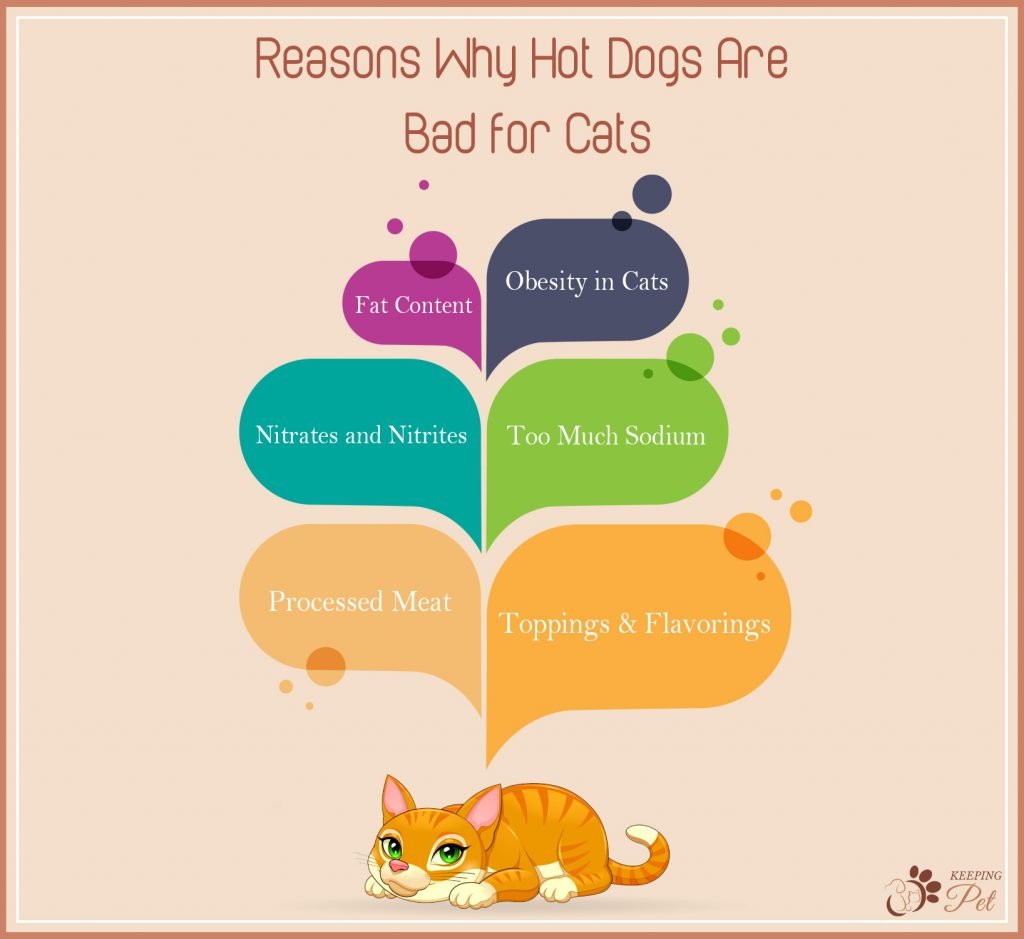
Given that cats are obligate carnivores—they require meaty protein to survive and thrive—and hot dogs are made of meat, it is hard to understand why cats and hot dogs won’t be a perfect match. Below is a breakdown of some of the things that make hotdogs bad for cats.
Processed Meat
We know cats are obligate carnivores, and for a long time, they have been preying upon small animals like rodents, rats, and rabbits, etc. Then why is it not healthy for cats to consume hot dogs which are made of meat?
Well, the meat that cats consume in the wild is way different from the meat that is used for making hot dogs. Hot dogs may look like ordinary meat on the surface, but it is far from natural meat. Hot dogs are made of processed meat. During the processing, different chemicals such as nitrates and nitrites, salts, preservatives, etc. are added to the meat, making it delectable for humans but unsafe for cats.
The Fat Content
No doubt cats need some amounts of fats to stay in good health, but the fat content in hot dogs is way too high for cats to digest easily. One hundred grams of a typical hot dog and bun without any condiments contains 18.6 grams of fats and only 11.4 grams of protein, according to the US Department of Agriculture, which means that it offers lesser proteins than fats.
But our cats need more proteins than fats in their diet. In the wild, cats’ need for more proteins and lesser fats is met by eating lean meat of lean animals like rodents, rats, etc.
The high fat content of hot dogs can lead to indigestion, increased risk of heart issues, and obesity in cats. Therefore, it’s best that we avoid sharing hot dogs with our feline friends.
Obesity in Cats
Obesity is not only a problem among humans, but it has also become an epidemic in the feline world. Statistics show that more than 59.5 percent of cats are overweight, if not obese, in the United States. Consequently, as responsible cat owners, we must be very cautious about what we put in our cats’ bowls. We should not give them treats that increase their caloric intake than the required, especially those that offer unhealthy saturated fats.
Too Much Sodium
In addition to excessive fat content, hot dogs also contain too much sodium. Too much sodium in the diet is not only a problem for cats but also for humans. It can cause issues like high blood pressure in humans.
But when it comes to cats, the high sodium in hot dogs can be even more detrimental. If eaten in small amounts, it will only cause dehydration in cats, and your cat will get better after drinking some water. However, in case of excessive ingestion of salt, it can lead to salt poisoning, also known as hypernatremia in cats.
The discussion above establishes why cats cannot consume hot dogs. They, however, need treats—at least after they do something to make you a proud cat parent. If they cannot eat hot dogs or Cheetos, there are better alternatives available, designed exclusively for cats.
Signs of Salt-Poisoning in Cats
If your cat has consumed hot dogs or something else with high sodium content in excess, you should look for the following signs of salt-poisoning in your cat, according to PetMD.
- Dehydration
- Vomiting
- Diarrhea
- Excessive thirst
- Frequent urination
- Confusion and incoordination
- Tremors and seizures
Nitrates and Nitrites
Manufacturers often add nitrates and nitrites to processed meat from which hot dogs are made. Adding nitrates and nitrites gives hot dogs a pleasant meat-like appearance by giving them a red or pink color. It also increases the shelf age of hot dogs by preventing the growth of harmful bacteria and gives them salty flavors.
Over time, where human bodies have adapted to the presence of high amounts of preservatives in our foods, that is not the case with cats. Their digestive tracts cannot process foods containing nitrates and nitrites. Therefore, it is much worse for cats as compared to humans. So it is best that we not only make sure that our cats do not get near hot dogs but also work on reducing our consumption of hot dogs.
Because of the increasing awareness about the use of preservatives and their negative impact on human health, many manufacturers are now providing preservative-free hot dogs. But keep in mind that this does not make hot dogs healthy for cats as there are many other problems with cats eating hot dogs.
Toppings and Flavorings
To make hot dogs palatable and appealing, manufacturers add seasoning like onion and garlic to them. Similarly, to further enhance the taste of hot dogs, we garnish them with toppings like mustard and tomato ketchup. Indeed these seasonings and toppings will make hot dogs more scrumptious for us to eat but make it more unhealthy and fatal for our four-legged friends—onions and garlic are outright toxic to cats, and as far as mustard is concerned, it can cause severe gastrointestinal issues in cats.
Final Verdict: Can Cats Eat Hot Dogs?
No. Despite being obligate carnivores, cats cannot eat hot dogs. This is because of the processed meat, salt, preservatives, and flavorings used in making hot dogs. It does not matter if the hot dogs are cooked or uncooked; they are bad for cats.
Hot dogs do not make a healthy treat for cats because of six reasons. One, hot dogs contain processed meat, and unlike us humans, cats have not adapted to eating processed meat. Second, hot dogs are loaded with unhealthy saturated fats that our cats cannot process. Third, eating hotdogs will increase the chances of heart issues and obesity in cats due to the unhealthy fats. Fourth, there is too much sodium in hot dogs, which puts our feline friends at risk of salt poisoning. Fifth, the preservatives—nitrates, nitrites, and other chemicals—used to increase the shelf-age of hot dogs are harmful to cats. Last but not least, many of the flavorings and toppings used to make hot dogs more delectable are harmful to cats.
Read: Can Cats Eat Bacon?
Find out what other foods cats can eat or not eat:

